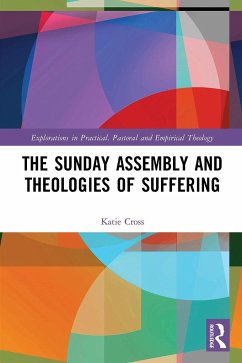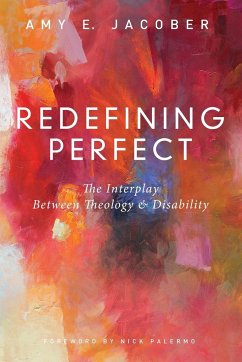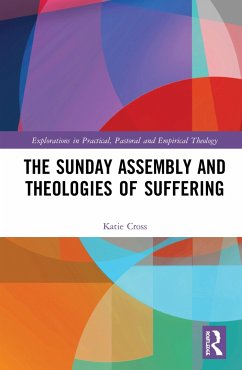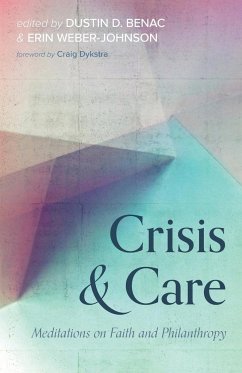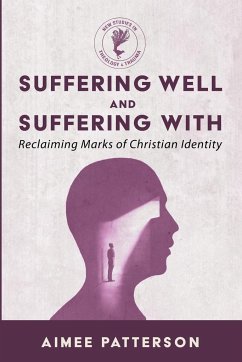
Suffering Well and Suffering With
Versandkostenfrei!
Versandfertig in 1-2 Wochen
18,99 €
inkl. MwSt.
Weitere Ausgaben:

PAYBACK Punkte
9 °P sammeln!
We live in a society that has little tolerance for suffering. Suffering is not only unpleasant. Profound, innocent suffering can upend our sense of identity. Yet, we push suffering people to the periphery to avoid an uncomfortable truth: We are all subject to suffering. In a time when Christian churches suffer the loss of authority, influence, and membership, Patterson challenges the idea that we need such power to live on earth as in heaven. Only God can transform suffering into joy. Drawing on her experience with cancer, Patterson claims Christians hold certain responsibilities while we wait...
We live in a society that has little tolerance for suffering. Suffering is not only unpleasant. Profound, innocent suffering can upend our sense of identity. Yet, we push suffering people to the periphery to avoid an uncomfortable truth: We are all subject to suffering. In a time when Christian churches suffer the loss of authority, influence, and membership, Patterson challenges the idea that we need such power to live on earth as in heaven. Only God can transform suffering into joy. Drawing on her experience with cancer, Patterson claims Christians hold certain responsibilities while we wait for this transformation. Revisiting the story of Job, she confronts the problem of suffering and what it takes to suffer well. This sets the scene for what a fleshy, wounded Jesus Christ calls us to do: use suffering to build compassionate relationships with others who suffer.






